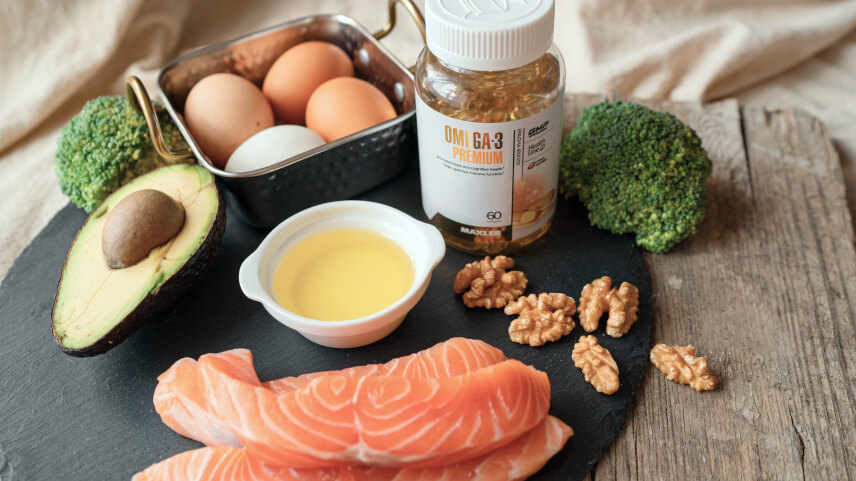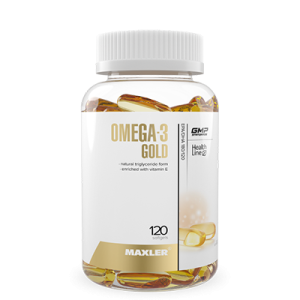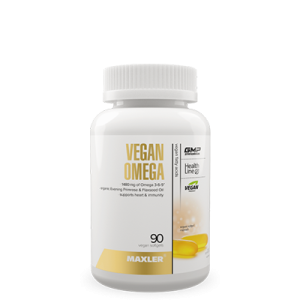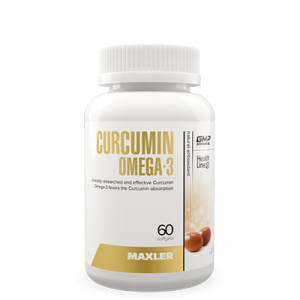Omega-3 fatty acids are polyunsaturated fatty acids, meaning that they are long fats with multiple double bonds in them, making them very flexible. Research has identified three varieties of these which are essential for human wellbeing and health – α-linolenic acid (ALA), eicosapentaenoic acid (EPA), and docosahexaenoic acid (DHA).
Natural sources of omega-3s include:
- Fatty fish
- Seeds
- Nuts
- Oils like canola oil
It’s preferable to get omega-3s from animal sources, as they can be used straight away, while those from plants need to be further processed by our bodies. Omega-3s help us stay in optimal health in various ways.
The fatty acids helping us see
Our eyes are especially important organs, as they help us see. The retina is made up of different cells and has a high content of unsaturated fatty acids, up to 60% of which are DHA. Likely, they help to keep our membrane working as our eyes sense light. That’s why it’s important to get enough of this omega-3, especially as we age, as it can help mitigate vision problems like age-related macular degeneration, a disease that causes loss of central vision.
Healthier pregnancy, healthier children
Every expecting mother wants to make sure that their pregnancy goes smoothly and their child receives the correct nutrients to grow healthily. They support the growth and development of the brain and vision. Studies report that the children whose mothers got more DHA during pregnancy tend to have better hand-eye coordination and mental processing, including memory and prevent common neurodevelopmental disorders. Taking these fatty acids together with an antioxidant like melatonin further boosts their potency.
Controlling fats and decreasing heart problems
Omega-3s look after heart health, as they help our blood vessels remain elastic. Conditions like coronary heart disease usually change the makeup of our blood by altering the levels of different types of fats. Triglycerides, which is what the body stores excess energy as, tend to increase. “Bad” cholesterol, or LDL cholesterol, also goes up, while the “good” cholesterol, HDL, goes down.
Omega-3s help to get rid of the triglycerides by different mechanisms ,one of which also prevents our body from making VLDL, or very low-density lipoprotein, the kind of cholesterol that can form plaques in blood vessels. They even help to reduce insulin resistance!
Fighting inflammation
Our body undergoes inflammation naturally, as it is a key strategy for dealing with damage or infection. However, if inflammation remains high for a long time, it may make you more susceptible to certain diseases, like heart disease and cancer. Omega-3s are great at battling inflammation by decreasing inflammatory signaling in our cells.
Optimal brain performance
EPA and DHA are required for healthy brain function. They help form new neurons, keeping the brain and our memory working well, and preventing depressive symptoms. They can decrease symptoms of depression, being especially effective when partnered with antidepressants, helping to improve mental health. Their anti-inflammatory action protects our memory and our ability to learn new things as we age.
How to get enough of these fatty acids?
There’s almost no process that these fatty acids aren’t a part of, including easing period pains, supporting joints and bones, and keeping the skin barrier intact. Therefore, omega-3s help achieve top health and performance.
Supplements are an easy way to meet your daily intake targets without overhauling the way you eat.
For safe and effective supplementation, aim for 1000-2000mg, but no more than 3000mg. It’s best to pair your supplements with a meal containing fats to ensure better absorption. Maxler’s line of omega-3 supplements has great dosages with fabulous quality (and they don’t smell fishy!).










